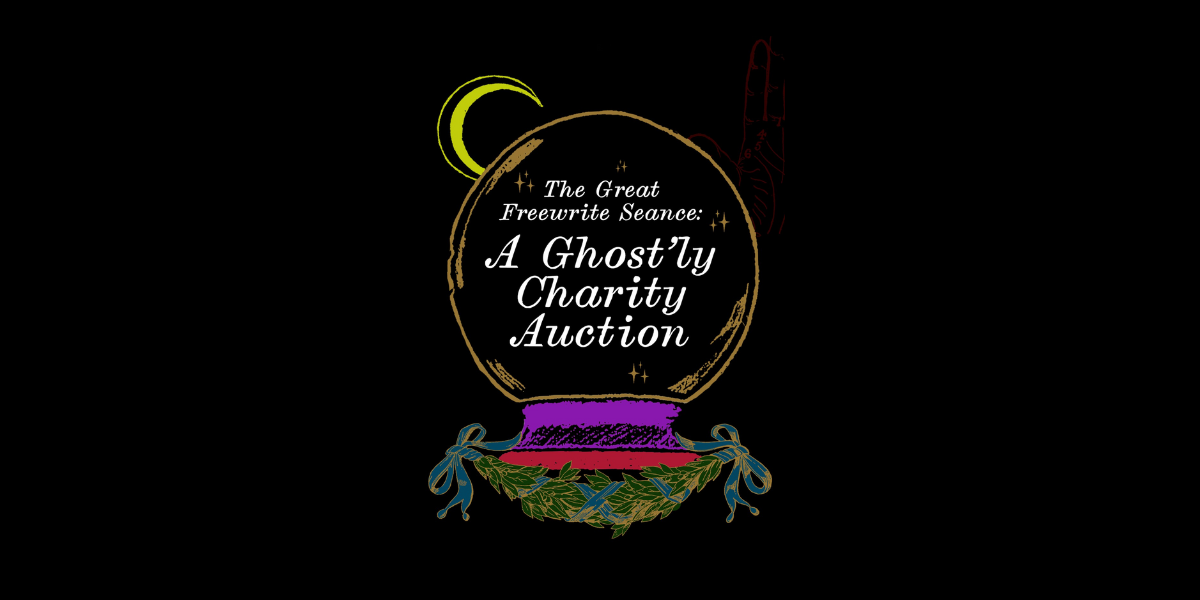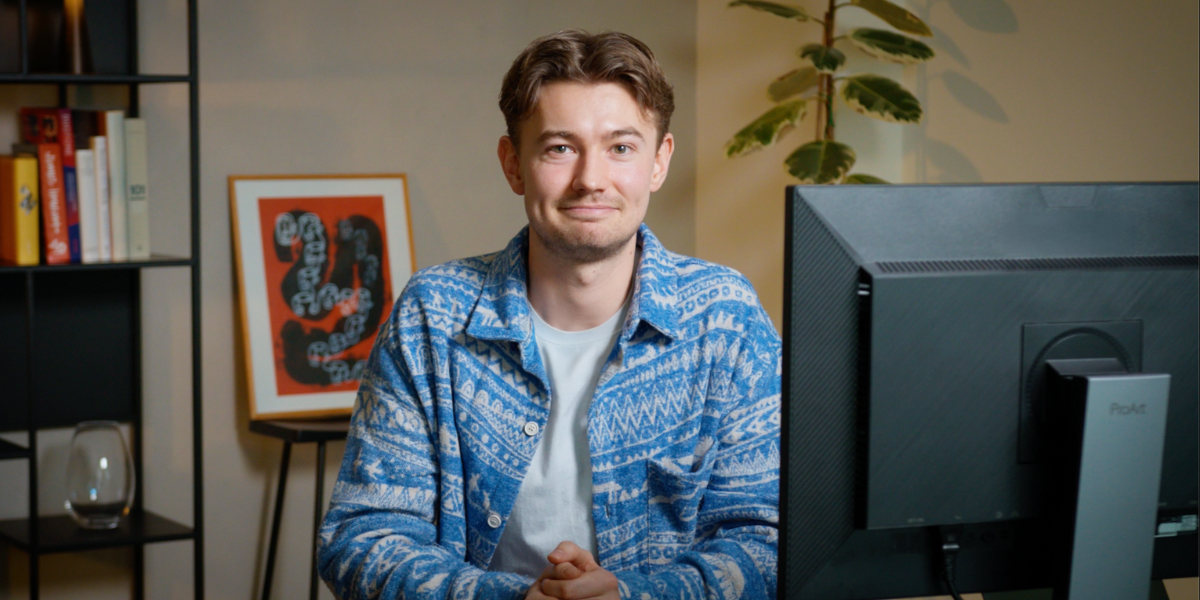
¿Has oído a los autores hablar de "escribir propiedad intelectual"? O quizás ese libro que tienes en la mano es propiedad intelectual y ni siquiera lo sabes. O quizás no tienes ni idea de qué estamos hablando.
En cualquier caso, seguro que has leído algo creado como propiedad intelectual, y el proceso es fascinante; créenos. Acompáñanos en una entrevista con Rebecca Mix, autora y embajadora de Freewrite, para hablar sobre escribir como propiedad intelectual y cómo es para un autor.
Primero lo primero. ¿Qué significa escribir IP?
PI significa "propiedad intelectual", es decir, en lugar de escribir algo que se te ocurrió, ¡te contrata una editorial para escribir sobre algo que ya existe! La gente suele pensar en marcas existentes, como Neopets, Disney, Marvel, etc., pero PI también puede referirse a un concepto desarrollado internamente por un editor y luego contratado por un autor para escribirlo. Te sorprendería saber cuántos libros son propiedad intelectual sin que nadie lo sepa.
¡Guau! ¡Qué fascinante! Así que haces ambas cosas. Tienes tus propios libros originales, como "The Ones We Burn" y "The Mossheart's Promise" , y ahora te estás metiendo en la propiedad intelectual, ¿verdad? ¿Cómo empezaste con eso?
Siempre quise hacer propiedad intelectual, e iba a ser algo que comenzaría a seguir un poco más adelante en mi carrera, pero luego, en 2021, mi editor en Andrews McMeel se comunicó conmigo para ver si estaría interesado en hacer las novelas gráficas de Neopets porque hablo de cuánto amo a Neopets, constantemente, en línea.
¡Nunca está de más decir lo que amas!
¿Neopets? ¿Te gusta la página web de mascotas virtuales? *Interrumpe a fan* ¿En qué se diferencia escribir propiedad intelectual de escribir contenido puramente original?
La propiedad intelectual es mucho más colaborativa. ¡Y obtienes material original! Como no es mi mundo, gran parte de mi trabajo con esta propiedad intelectual en particular consiste en comprender y apreciar el canon, y luego desarrollar una historia que le haga justicia. Es realmente interesante porque, al no ser algo mío, hay un equipo entero dedicado a garantizar que todos los detalles coincidan y que yo le haga justicia al canon.
Normalmente, cuando escribo mis propios libros, nadie se entera hasta que tengo un esquema detallado, una propuesta y capítulos de muestra. En este caso, funcionaba al revés: la propuesta tenía que ser aprobada por la encantadora gente de Neopets, y luego les enviaba un esquema extenso de 4000 palabras para que lo revisaran y sugirieran cambios, descartaran elementos que entraran en conflicto con la historia o con las tramas que estaban desarrollando, etc. Hay que ser alguien que no se aferra a nada; los nombres, los personajes y las subtramas cambian, porque al final, ellos son los expertos, y mi trabajo es simplemente intentar contar una buena historia.
Luego, cuando entrego el libro, en lugar de que solo mi editor lo revise, se devuelve al equipo para que puedan leerlo y sugerir cambios. De esa manera, es mucho menos solitario que escribir mi propia obra original, ¡y es mucho más un trabajo en equipo!
¿Te gusta uno más que el otro?
¡No lo creo! Creo que tanto las IP como las historias originales tienen sus propias ventajas y méritos. Me encanta el control creativo que me da escribir mis propias historias porque puedo dar rienda suelta a mi creatividad, pero en el caso de Neopets, crear un nuevo canon para una propiedad que ha sido fundamental para mí durante los últimos 20 años fue una quimera. Y el trabajo en equipo también fue muy divertido. Sin duda seguiré escribiendo mis propias obras originales, ¡pero espero poder seguir creando más IP también!
Si pudieras escribir IP para cualquier universo, personaje, marca, etc., ¿cuál sería?
¡Madre mía! ¡Hay demasiadas para elegir, porque me encantan muchísimas cosas! Para las marcas existentes, la respuesta obvia es la serie Warriors . Crecí devorándolas y es un sueño para mí poder trabajar en ellas al menos una vez.
Otros sueños muy específicos serían Stardew Valley, Animal Crossing, Enredados, Pokémon, El Mago de Oz... pero también siempre he tenido ganas de probar suerte trabajando en una IP desarrollada por una editorial. Cualquier cosa relacionada con videojuegos, magia con asesinatos o ambientada en Michigan sería genial. Y si algún editor alguna vez soñaba con un libro que tratara sobre lesiones cerebrales, ¡por desgracia, ya tengo la experiencia para eso!
--
Así que ahí lo tienen. ¡Bienvenidos al mundo de la propiedad intelectual! Si pudieran escribir una historia ambientada en un universo que no fuera el suyo, ¿cuál elegirían?
Los lectores pueden obtener más información sobre Rebecca Mix en www.rebeccamix.com o seguirla en Instagram , TikTok , Twitter o Facebook .






























